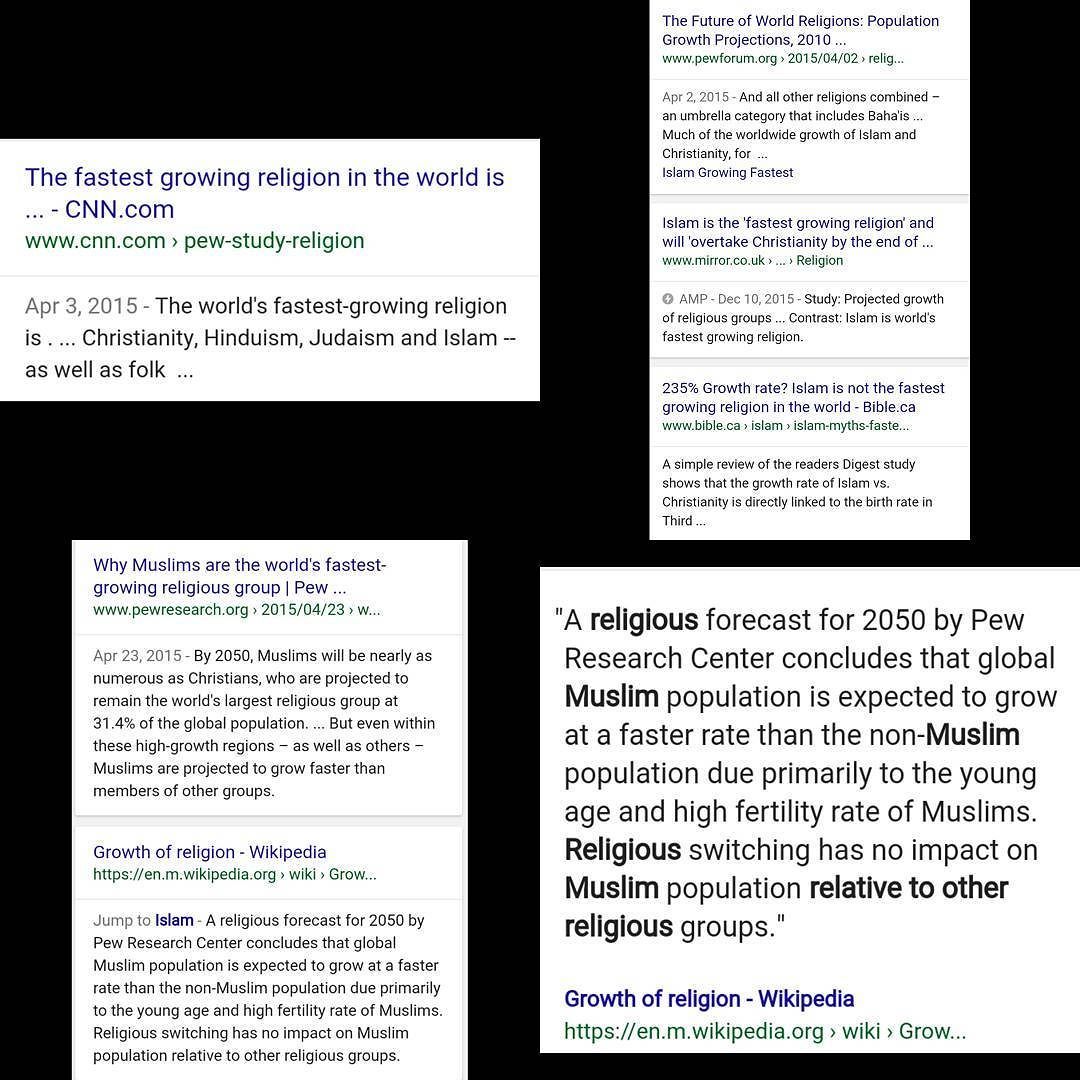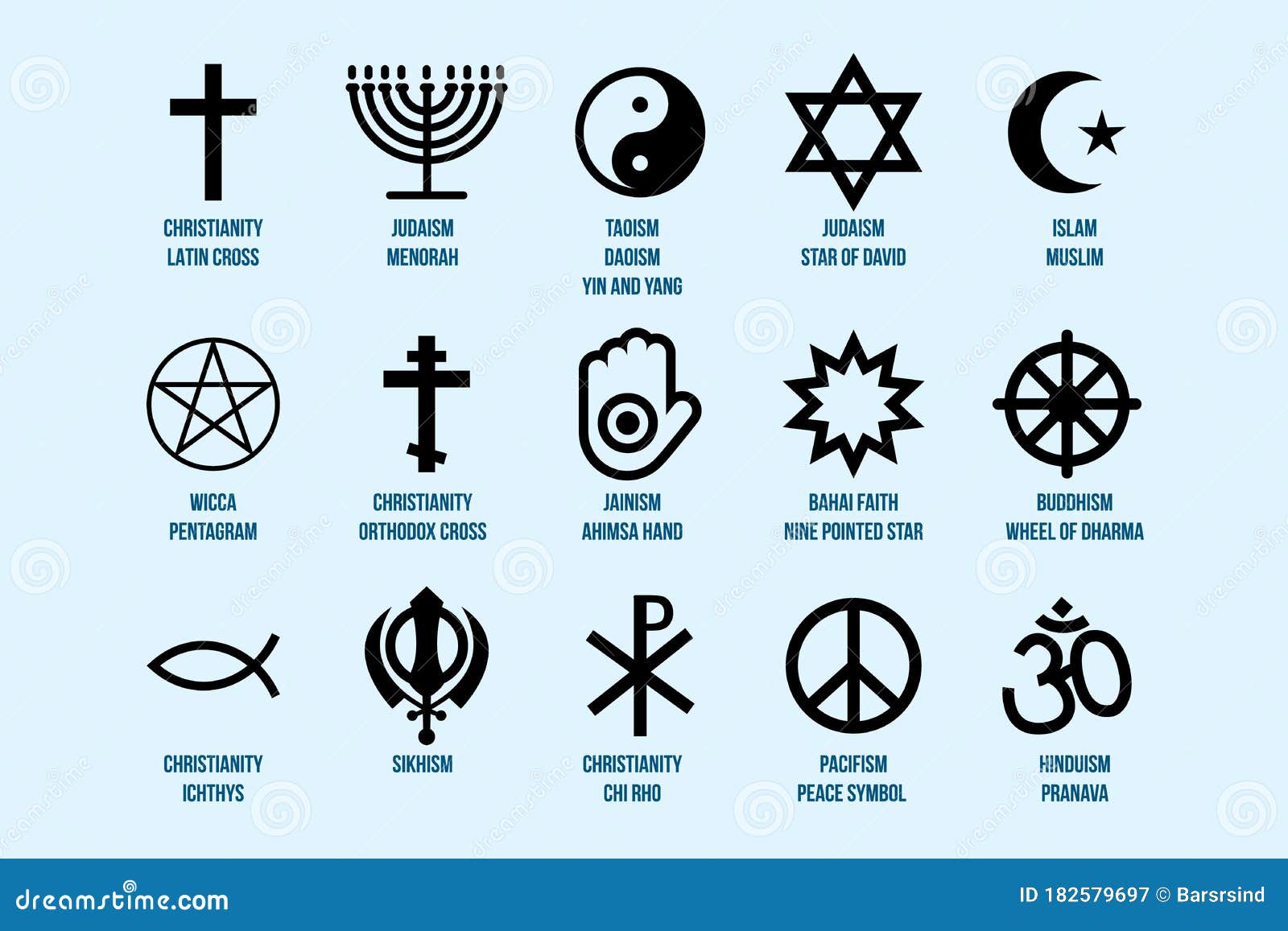Capitalization Rules for Religion: When and Why It Matters in Writing
Understanding the Capitalization of Religion: Why It Matters
Proper capitalization in religious contexts is not just about grammar-it reflects respect, tradition, and clarity in communication. Whether you are writing an article, essay, or book, understanding when and how to capitalize religious terms is crucial for accuracy and professionalism. This article provides a comprehensive, actionable guide to help you navigate these conventions, ensuring your writing is both precise and respectful.

Source: christianfaithguide.com
What Should Be Capitalized in Religion?
When referencing religion or religious terms, the rules of capitalization are shaped by context, grammar, and, in some cases, personal or denominational preference. Generally, the following categories are capitalized:
- Names of religions: Christianity, Islam, Judaism, Buddhism, Hinduism, etc.
- Adherents: Christian, Muslim, Jew, Buddhist, Hindu
- Deities and divine titles: God, Allah, Jesus Christ, the Holy Spirit, the Almighty, the Lord, the Creator
- Scripture titles: the Bible, the Quran, the Torah, the Bhagavad Gita
- Specific religious events and holidays: Passover, Easter, Ramadan, Yom Kippur
- Formal religious institutions and denominations: Roman Catholic Church, Southern Baptist Convention, Sunni Islam
These conventions are widely accepted across major style guides and in academic and publishing contexts [4] .
When Should Religious Terms Not Be Capitalized?
Not every religious term is always capitalized. Words that have both secular and religious meanings-or that are used in a general sense-are typically lowercase unless they start a sentence or are part of a proper noun. For example:
- “The bible of fitness” (using “bible” generically, not referring to scripture)
- “She has catholic tastes” (meaning universal, not the religious denomination)
- “The church is at the corner” (referring to a building, not a specific institution)
- “He had a cross to bear” (not referring to the Holy Cross)
When in doubt, consider if the term is functioning as a proper noun (specific person, place, or thing) or a common noun (general category). Proper nouns are capitalized; common nouns are not [4] .
Reverential Capitalization: Pronouns and Titles
Some writers choose to capitalize pronouns referring to God or deities as a sign of reverence-a practice known as reverential capitalization . For example, “He,” “Him,” “His,” “You,” and “Your” are sometimes capitalized when referring to God in Christian writing [3] . However, this practice is not universal, and major Bible translations such as the King James, New International Version, and English Standard Version do not capitalize these pronouns [5] .
When writing for a specific denomination, publisher, or audience, check their style guide or preferences. If writing for a general audience or for publication, follow the style guide in use (such as AP, Chicago Manual of Style, or the publisher’s own guidelines).

Source: godsverse.org
Titles and Offices in Religion: Capitalization Guidance
Titles of respect or office within a religion are capitalized when they precede a personal name (e.g., “Pope Francis,” “Bishop Desmond Tutu,” “Pastor Jane Doe”). If the title stands alone or follows a name, it is generally not capitalized unless it is part of a formal address or headline [2] . For example:
- “We spoke to Pope Francis today.”
- “The pope visited the city last year.”
- “She became Pastor Jane Doe of the congregation.”
- “Jane Doe, the pastor, led the service.”
Liturgical Terms and Religious Rites
Names of specific religious rites, sacraments, or liturgical terms are generally capitalized when used in a formal or specific sense. Examples include “Eucharist,” “Communion,” and “Baptism” when referring to the sacraments. However, when used generically, these terms may remain lowercase (e.g., “a baptism” to refer to any immersion ceremony) [2] .
Step-by-Step Guidance for Writers
- Identify the Context: Determine if the term is being used as a proper noun or in a general sense. Is it the name of a religion, deity, or formal event? If so, capitalize.
- Check the Style Guide: If writing for publication or a specific organization, consult their style guide for preferred capitalization rules. Different publishers and denominations may have unique conventions [1] .
- Consider Audience and Tradition: When writing for a religious audience, reverential capitalization may be expected. For academic or secular audiences, default to established style guides.
- Use Examples: Refer to published works in your field for practical examples. Notice how terms are capitalized in similar contexts.
- Remain Consistent: Consistency is key for professionalism and clarity. If you choose to use reverential capitalization, apply it throughout the manuscript and inform your editor of your approach.
Potential Challenges and Solutions
Challenge: Conflicting style guides or expectations from different audiences.
Solution: When in doubt, prioritize the style guide of the publisher or organization you are writing for. If no guide is available, the Chicago Manual of Style and Associated Press provide widely accepted standards. Communicate your choices with editors or collaborators to avoid confusion.
Challenge: Terms with both religious and secular meanings.
Solution: Analyze the context. If the term is used as a title or in a specific religious sense, capitalize. Otherwise, keep it lowercase.
Alternative Approaches and Writer Preferences
Some communities and denominations strongly prefer reverential capitalization, while others see it as unnecessary or even distracting. For example, certain publishers in Christian literature may always capitalize pronouns for God, whereas mainstream publishers and most Bible translations do not [5] . When writing for a wide readership, clarity and consistency often take precedence over tradition.
Accessing Additional Guidance and Resources
If you are seeking official guidance on capitalization for religious terms:
- Consider consulting the Chicago Manual of Style or Associated Press Stylebook for secular and journalistic writing. These are widely available in libraries and bookstores.
- If writing for a denomination or religious publisher, request their style guide directly or search for “[denomination] publishing guidelines” online.
- Visit educational websites or academic writing centers for general rules, or contact a professional editor specializing in religious writing.
If you cannot find a definitive answer, err on the side of clarity and consistency, and provide an explanatory note if necessary.
Key Takeaways
- Capitalize the names of religions, deities, sacred texts, and formal religious events.
- Use lowercase for general, non-specific references and when terms have a common meaning.
- Reverential capitalization of pronouns is optional and guided by audience and tradition.
- Follow the conventions of your chosen style guide or publisher for consistency.
- Seek official guidance or professional editorial support when in doubt.
References
- [1] ProofreadingPal (2019). Christian Publishing Standards: Part 2.
- [2] PaperBlazer (2024). When to Capitalize Terms in Christian Publishing: A Guide.
- [3] Wikipedia (2014). Reverential Capitalization.
- [4] Proofed (2019). When to Capitalize Religious Terms.
- [5] Almost An Author (2020). Reverential Capitalization, or God and Pronouns.
MORE FROM cheerdeal.com













